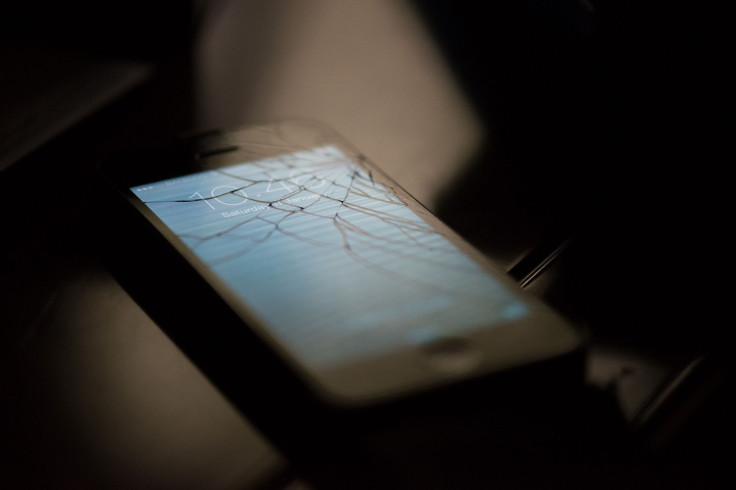The iPhone, and all cell phones at large, are vulnerable to an SS7 cellular network hack that means a hacker could listen in on your phone calls, read your text messages and track your location, even if you have location services disabled, 60 Minutes reports. The applaudable segment also showed various more hacks, specific to the iPhone, that let contacts, emails, text messages and more private user data be accessed without permission.
Rep. Ted Lieu (D-California), the congressmen who 60 Minutes used to show just who can be hacked, was visibly taken back when played back a recording of a phone call he had with his chief of staff.
“Last year, the president of the United States called me on my cellphone,” Rep. Lieu said. “And we discussed some issues. So if the hackers were listening in, they would know that phone conversation. And that's immensely troubling.”
9to5Mac reports that he has since written to the Chairman of the House Committee on Oversight and Government Reform to request a formal investigation of the SS7 cellular network issue.
Also known as Signalling System No. 7 , SS7 was developed in 1975 and is the backbone of the global cellular network. It’s the reason roaming is possible, and how your phone call can travel around the world. Unfortunately, the protocol seems to have a major vulnerability that allows any phone data passing through it, including location triangulation done automatically, to be accessed by a third party.
60 Minutes contacted the cellular phone trade association for a comment on the issue, but the trade association simply said that all U.S. cell phone networks, like the one Rep. Lieu was using while his phone calls were hacked and recorded, were secure.
So why exactly should you use FaceTime audio if you don’t want your phone calls to be hacked ? For the same reason using iMessage makes your text message impervious to the SS7 hack. Apple’s voice and text services use end-to-end encryption , exactly the sort the FBI and the Justice Department are fighting in court, that utilize your iPhone’s internet connection rather than relying on your service provider’s cell network.
The other two hacks that 60 Minutes featured were iPhone specific hacks that come from logging into a malicious Wi-Fi network, a spin on the iPhone destroying Wi-Fi hack , and an RFID proximity hack that passes a BlueTooth certificate handing over root access.
Interestingly, 60 Minutes also featured a segment in their online 60 Minutes Overtime section that showed that the U.S. government automatically tries hacking into any cell phone that comes into proximity of certain facilities. Without a specialized device, this is impossible to see, but anyone driving on the highway next to one of these military bases automatically has their phone calls and text messages logged and tracked. Watch the video below (4:25) to see more.

















